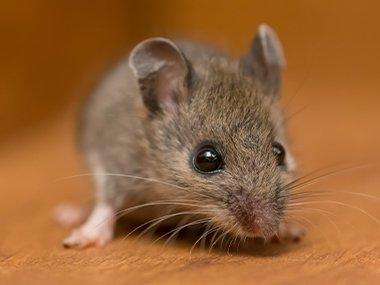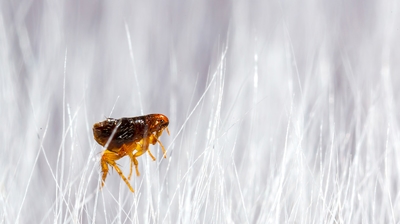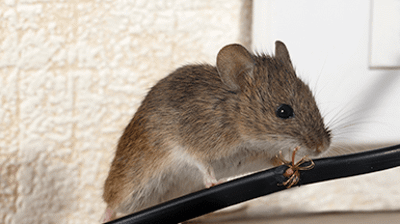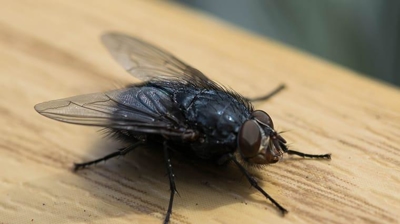Streator's Most Commonly Asked Mouse Questions, Answered
When mice get into Streator homes, residents have questions. Sometimes, lots of questions. This drives them to the internet. Here are some of the questions people search for on the internet, and how they might relate to mouse prevention and control.
Do mice bite?
If you have mice in your walls, you may wonder if they're going to come out at night and bite you while you're sleeping. You may also wonder if mice will bite you as you go into secluded spaces to put down traps. In general, mice are timid creatures. They would much rather run from you than bite you. But it is important to keep in mind that a scared mouse will bite in self-defense. Be mindful of this if you intend to get into tight quarters with mice.
Do mice like to eat cheese?
Mice like cheese, but it is far from a preferred food source. If you're looking to capture a mouse with cheese, you're likely to find that this won't work as well as seeds, rice, or nuts. A common bait for mice is peanut butter. It sticks to the latch of a spring trap and it is a desirable food source.
A member of our team will be in touch shortly to confirm your contact details or address questions you may have.

Why Choose Quik-Kill Pest Eliminators?
-
A Category of OneThere are plenty of pest control companies out there, but there is only one pest eliminator. We don't want to control the pests in your home or business, we want them gone forever. Call us today to get rid of your pest problem for the last time!
-
Guaranteed ServiceOur local, family-owned pest control company is committed to friendly service, effective solutions, and 100% customer satisfaction! If you need pest control in Central Illinois and the Quad Cities, we are ready to help!
-
Effective SolutionsFor over 95 years, Quik-Kill has been perfecting our craft and developing our skills to deliver the best results! Our services include residential pest control, rodent control, mosquito control, and more!
-
Sudden ServiceWe understand how important dependable service is to you, and we make every effort to respond to your pest problems quickly! How soon can your tech come out? Contact us to get started!
Do mice prefer to live alone?
This is an interesting question because people who own pet mice learn that male mice can be aggressive to other male mice and must sometimes be kept alone. So you might think that you're not going to have many mice in your walls if male mice can't get along. Wild mice and domesticated mice behave differently. Wild mice are known to live in groups, and these groups can be large. But, there is a hierarchy (or pecking order) within the male population. While research is still going on to determine how this works, it is clear by the large size of some mouse infestations that they find a way to make it work. What you need to know is that your home can have a lot of mice in it. Mice reproduce quickly.
Do mice hibernate during the winter?
This is a curious question when you relate it to pest control. If you notice that mice have gotten into your home over the winter, you might wonder if they will hibernate and then leave when spring comes. First, mice don't hibernate. They go into a low-energy state (called torpor) when conditions aren't ideal, such as when it is cold or when there is a lack of food. When these conditions change, they become active again. If mice get into your home and find food, they can be warm enough and well fed enough to be active all winter. More than this, when spring arrives, they're not likely to go back outside. Mice prefer to live in man-made structures, especially if they are of the species mus musculus, which are referred to as house mice.





